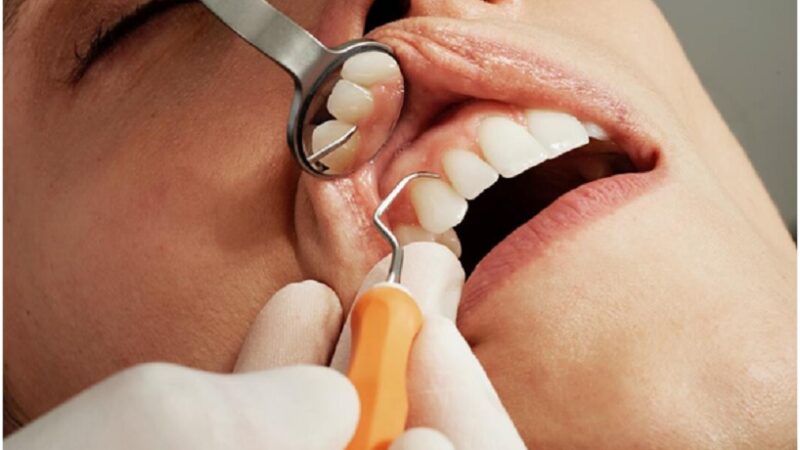If you had your teeth whitened in the dental chair and were shocked by how uncomfortable the procedure was, you may think that you will have to be resigned to having slightly yellow or stained teeth; talk about a downer! Even with the most advanced whiter teeth techniques that use an oxidising gel, patients who have sensitive teeth sometimes report feeling a stinging sensation afterward, which often deters them from completing the whitening treatment.
Hope is not lost!
Originally designed to help create a more symmetrical smile, dental veneers have the added benefit of being used to whiter teeth by multiple shades. Applied to the front of the tooth and held in place with dental cement, veneers are extremely popular as they are painless to fit and last up to 15 years if treated correctly.
Many cosmetic dentists, like High Dental Implants Melbourne, use veneers as a multifunctional technique. Applied to not only whiten and straighten teeth, they are also used to close minor gaps, creating a more even and symmetrical smile.
Want to know more? Read on to discover the answers to 5 FAQs about dental veneers.
Who is suitable for dental veneers?
Patients who have excessively stained, chipped or sensitive teeth are often suitable for veneers. However, before being fitted, a dentist will need to ensure that there are no secondary issues in the mouth, such as decay, gum disease or worrying lesions.
While people who smoke and have good oral health are technically suitable for veneers, it is advisable to cease smoking before or after the fitting, as it can shorten the lifespan of the veneers dramatically.
Porcelain or composite; which is better?
If you are looking to restore functionality to a chipped tooth through a veneer, then composite will provide a more durable option; composite is also recommended to close gaps in a patient’s smile for this same reason.
However, patients who are looking to whiten their teeth may be more suited to porcelain veneers.

How much care do veneers need?
A great benefit of having dental veneers is that they do not require any additional maintenance.
Of course, patients are advised to brush and floss as usual, but there is also a recommendation to avoid harder foods like almonds, as these may cause the veneers to crack.
Are there lifestyle changes I will need to make once they are fitted?
If you are often found opening bags with your teeth, that will need to stop, as it puts unnecessary pressure on the veneers.
Similarly, nail-biting, straw chewing and removing items of clothing, like gloves, with your teeth will also have to be restricted.
Are hygienist appointments required to keep them clean?
Hygienist appointments are not required to keep veneers clean, but if you have attended them regularly in the past, it is advisable to keep attending.
A hygienist can also advise you on how to maintain your veneers to prolong their longevity.
Disclaimer All dental treatments carry potential risks. This article is not a substitute for a check-up with your dental practitioner.









